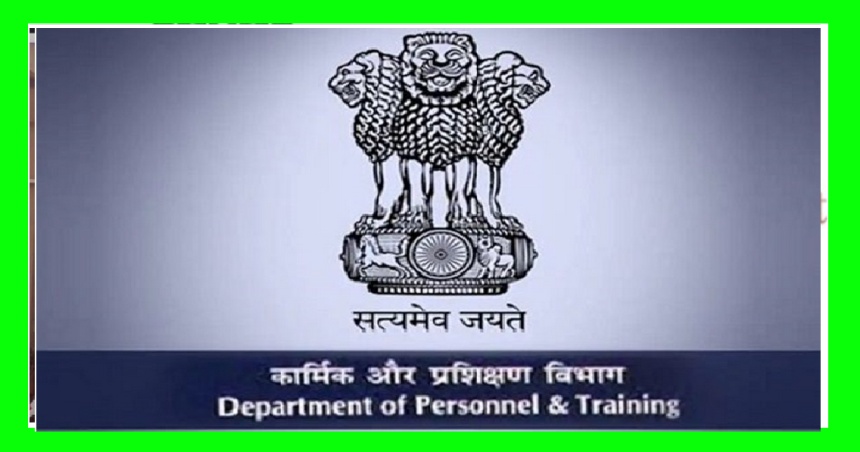
Extended Deadline for Central Pay Commission Positions
The Department of Personnel & Training (DoPT) has announced a third extension for applications to four Under Secretary-level posts under the 8th Central Pay Commission (CPC). The revised deadline, now set for July 31, 2025, follows earlier dates of June 30 and June 10, highlighting persistent difficulties in attracting qualified candidates. These positions, which fall under Level-11 classifications, are critical for shaping the nation’s salary framework and service conditions. The delay underscores the complexity of recruiting experts with both policy expertise and technical skills in data analysis, essential for the CPC’s mandate. Despite the prolonged timeline, the DoPT remains committed to filling these roles, which are vital for ensuring equitable compensation structures across the Central government workforce.
Deputation Basis and Eligibility Requirements
The recruitment process for these roles is structured on a deputation basis, as outlined in a circular dated April 22, 2025. Applications are open to officers from the All India Services (AIS) and other Organised Group-A Central Services, emphasizing the need for specialized knowledge in pay policy and data-driven decision-making. Candidates must demonstrate a proven track record in analyzing salary frameworks, allowances, and service conditions—skills crucial for aligning the CPC’s recommendations with the broader economic and administrative landscape. The selection process prioritizes candidates who can navigate the intricate interplay between fiscal constraints, labor market trends, and statutory obligations, ensuring the final pay structure is both fair and sustainable.
Co-Terminal Tenure and Placement Opportunities
Selected officers will serve for the entire duration of the 8th Central Pay Commission, with their tenure co-terminus with the commission’s operational period. Upon completion, they may be considered for placement under the Central Staffing Scheme, contingent on their remaining service eligibility. This arrangement ensures continuity in policy implementation while offering a pathway for career advancement. The emphasis on co-terminal service reflects the government’s commitment to maintaining institutional stability during a pivotal phase of public sector reform. However, the extended deadlines and recruitment challenges raise questions about the feasibility of meeting the CPC’s ambitious timeline, particularly given the complexity of cross-departmental coordination.
Broader Implications for Public Sector Reforms
The recruitment delays for the 8th CPC highlight systemic challenges in modernizing the public sector’s administrative infrastructure. As India grapples with inflationary pressures and evolving labor market dynamics, the need for a revised pay structure has become urgent. The extended deadlines for these critical roles suggest a recognition of the multifaceted nature of the task, requiring not only technical expertise but also political acumen to balance competing interests. The CPC’s recommendations could set a precedent for future salary reforms, influencing millions of government employees across diverse sectors. Addressing these challenges requires a holistic approach, integrating data analytics with policy innovation to create a framework that is both equitable and adaptable to future economic shifts.
Strategic Importance of the 8th Pay Commission
The 8th Central Pay Commission represents a pivotal moment in India’s public sector governance, tasked with revising compensation structures for over 40 million Central government employees. The recruitment of specialized officers is essential to ensure the commission’s recommendations are grounded in empirical evidence and fiscal realism. The extended deadlines for these roles underscore the gravity of the task, as the government seeks to balance the demands of an aging workforce with the need for fiscal prudence. The successful completion of this process could redefine the trajectory of public sector reforms, setting a benchmark for transparency, equity, and efficiency in government operations. As the nation awaits the final recommendations, the focus remains on overcoming recruitment hurdles to achieve a pay structure that meets the aspirations of both employees and the broader economy.



